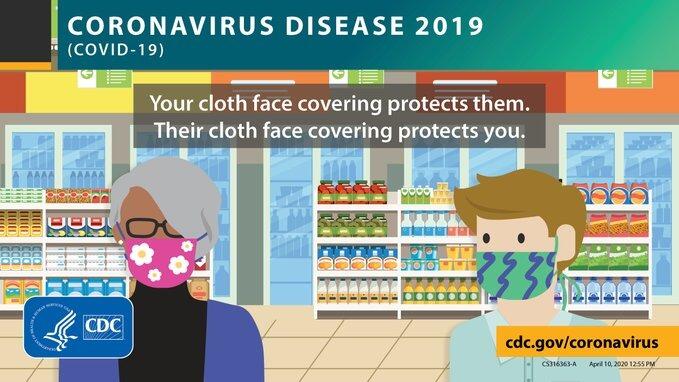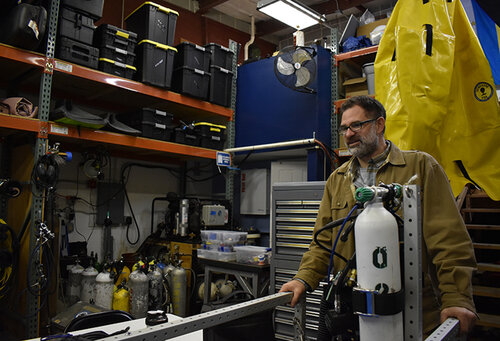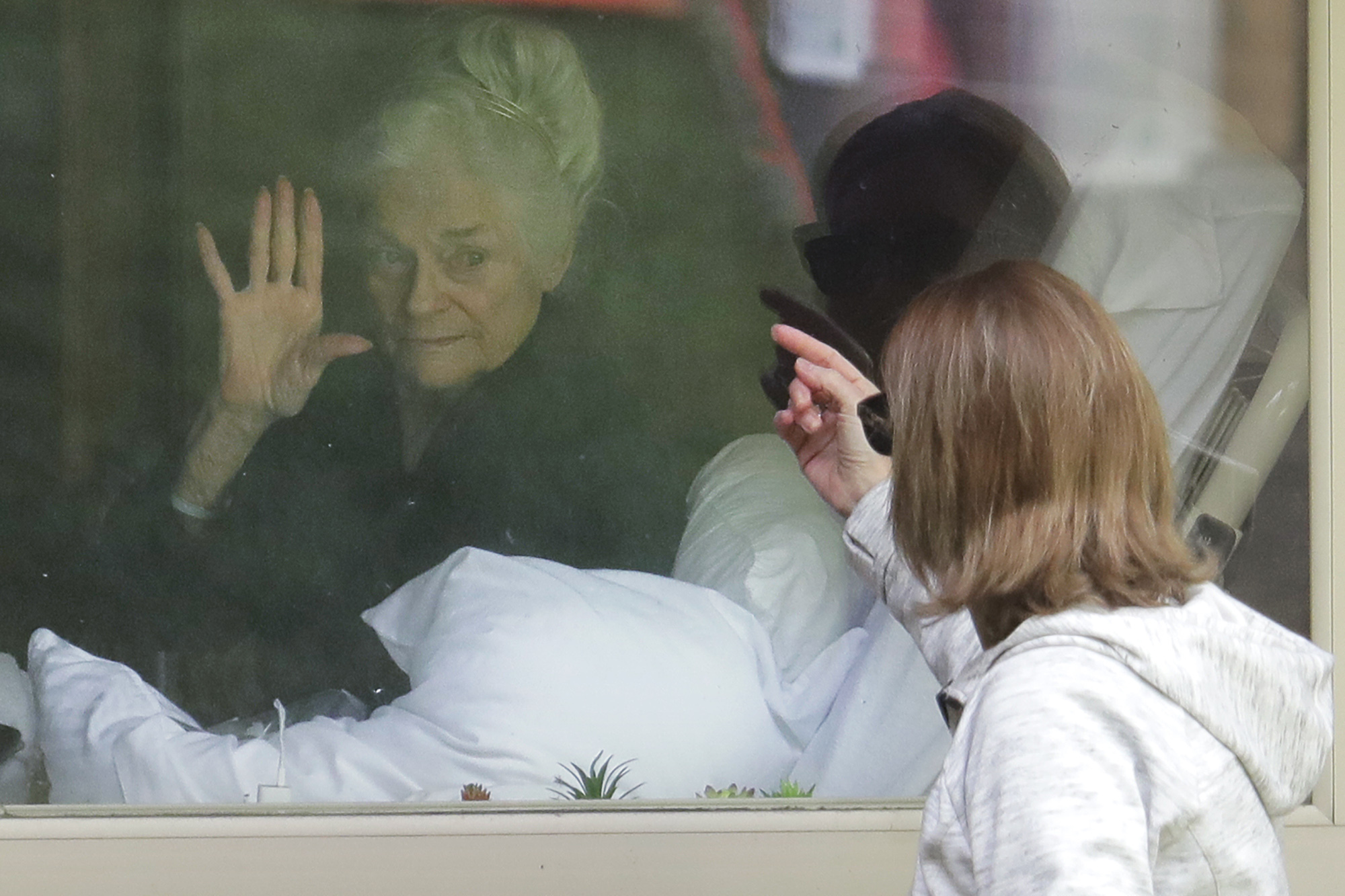Marc Ambinder, University of Southern California, Annenberg School for Communication and Journalism
 Many Americans have been under strict stay-at-home orders, or at least advisories, for more than a month.
Many Americans have been under strict stay-at-home orders, or at least advisories, for more than a month.People are frustrated and depressed, but have complied with what they’ve been asked to endure because they trust that state and local public health officials are telling the truth about the coronavirus pandemic.
There has been passionate – and honest – argument about how many people are likely to get sick and die under different circumstances and sets of official rules.
It’s not clear how uncertain and evolving scientific findings should affect extraordinary government measures that restrict citizens’ basic freedoms.
In recent days, there have there been public protests against continuing the lockdown. The people who are doing the demonstrating may really be frustrated and upset, but new research, and journalistic investigation, is revealing that there are powerful forces behind them, egging them on, who want their influence to remain secret.

































